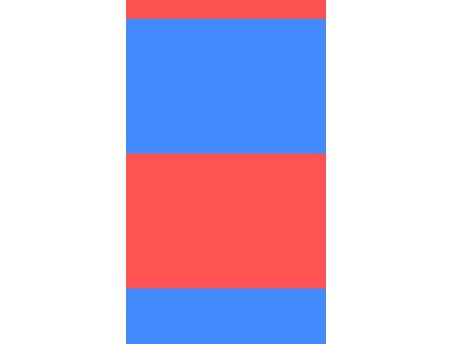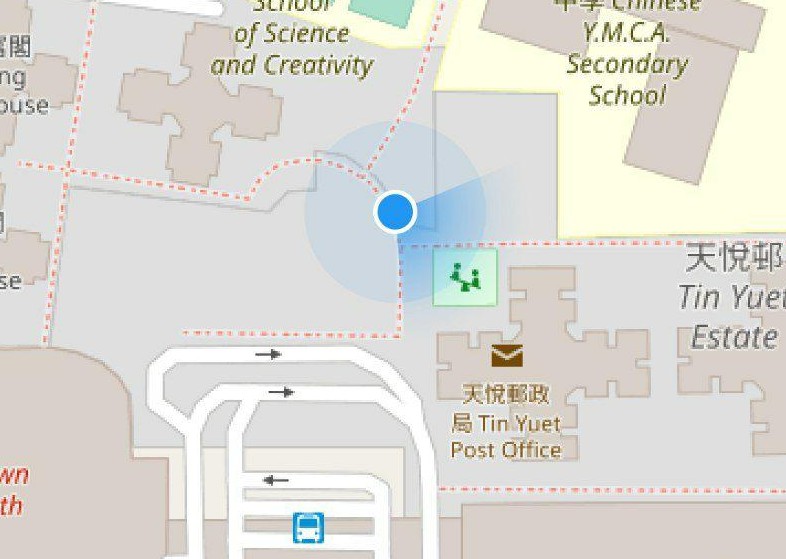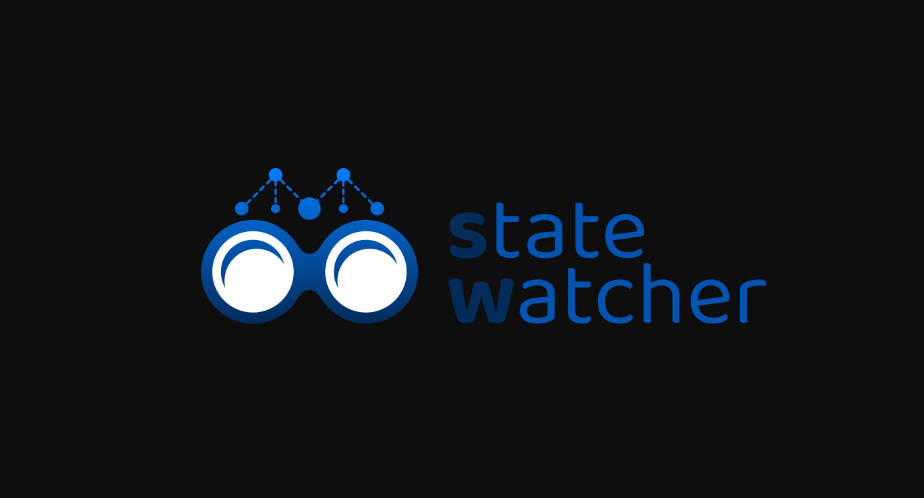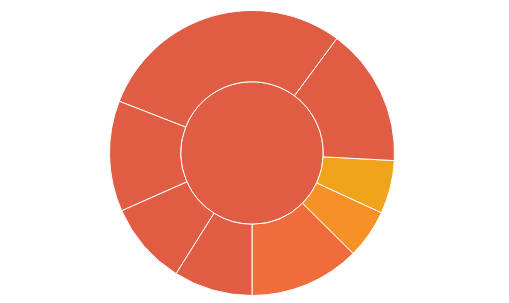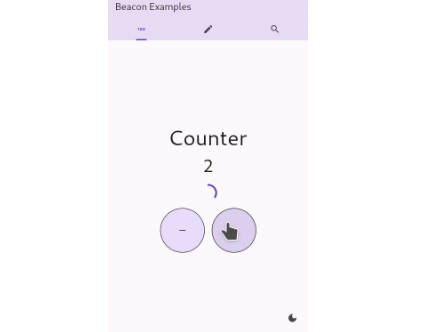Stateless
A stateless stateful state management package that is not stateless.
Introduction
The goal of this package is to see if we can have state management without having to care about state management. The learning curve of Stateless should be at a minimal, knowledge developers have from known Flutter APIs should be transferable, like
initState,disposeandbuild.Getting Started
In your flutter project, add the following in your
pubspec.yaml:dependencies: stateless: ^0.1.0Usage
The classic Flutter Counter Widget, rewritten with Stateless:
import 'package:flutter/material.dart'; import 'package:stateless/stateless.dart'; void main() => runApp(const MyApp()); class MyApp extends StatelessWidget { const MyApp({super.key}); @override Widget build(BuildContext context) { return MaterialApp( title: 'Stateless Demo', debugShowCheckedModeBanner: false, theme: ThemeData(primarySwatch: Colors.blue), home: MyHomePage(title: 'Stateless Demo Home Page'), ); } } // We define the interface that will describe our state data. abstract class MyCounterState { late int counter; } // We extends from Stateless to create our stateless stateful widget. class MyHomePage extends Stateless implements MyCounterState { MyHomePage({super.key, required this.title}); final String title; @override void initState() { super.initState(); // Initialize our state data. counter = 0; } void showSnackBar() { // We can access the BuildContext from anywhere in our widget. ScaffoldMessenger.of(context).showSnackBar( SnackBar(content: Text('The count is at: $counter')), ); } @override Widget build(BuildContext context) { return Scaffold( appBar: AppBar(title: Text(title)), body: const Center(child: MyCounterText()), floatingActionButton: Column( mainAxisAlignment: MainAxisAlignment.end, children: [ FloatingActionButton( // Update the counter by just simply incrementing it. onPressed: () => counter++, tooltip: 'Increment', child: const Icon(Icons.add), ), const SizedBox(height: 8), FloatingActionButton( onPressed: showSnackBar, tooltip: 'Show SnackBar', child: const Icon(Icons.lightbulb), ), ], ), ); } }As you can see the API is barely any different from normal Flutter widgets, by extending from
Statelessand implementing our state interface we can just update the interface properties and it will automatically know that it’s state has changed and therefore triggers a rebuild.Accessing state data in a child
Quite often you want to access state data from a parent in the tree, well Stateless is capable of doing that for you!
Lets re-imagine the above counter app into two parts, one is the
Statelesswidget and the second part is a normalStatelessWidgetthat displays the counter value.class MyHomePage extends Stateless implements MyCounter { ... @override Widget build(BuildContext context) { return Scaffold( appBar: AppBar(title: Text(title)), // We build our custom text counter widget here. body: const Center(child: MyCounterText()), floatingActionButton: Column( mainAxisAlignment: MainAxisAlignment.end, children: [ FloatingActionButton( onPressed: () => counter++, tooltip: 'Increment', child: const Icon(Icons.add), ), const SizedBox(height: 8), FloatingActionButton( onPressed: showSnackBar, tooltip: 'Show SnackBar', child: const Icon(Icons.lightbulb), ), ], ), ); } } class MyCounterText extends StatelessWidget { const MyCounterText({super.key}); @override Widget build(BuildContext context) { // We can then observe our MyHomePage for state changes. final myHomePage = context.observe<MyHomePage>(); return Column( mainAxisAlignment: MainAxisAlignment.center, children: [ const Text('You have pushed the button this many times:'), Text( '${myHomePage.counter}', style: Theme.of(context).textTheme.headline4, ), ], ); } }Our
MyCounterTextwidget can simply observe the state of ourMyHomePageand read the currentcountervalue from it.Contributing
Interested in contributing? We love pull request! See the Contribution document for more information.
GitHub



